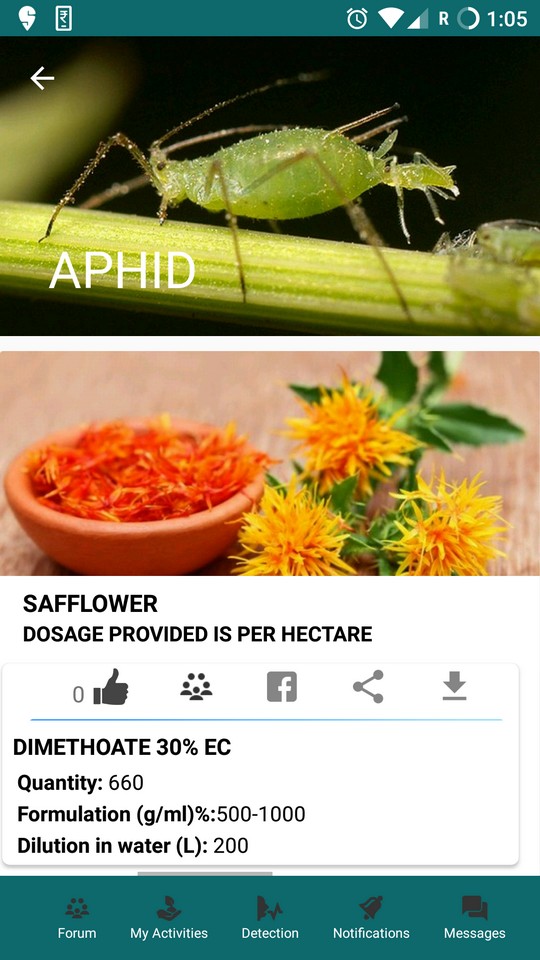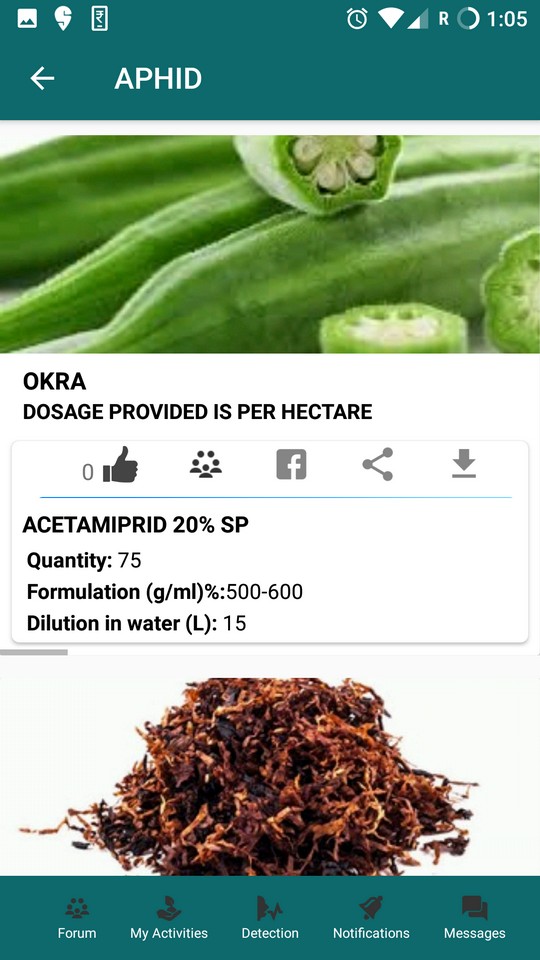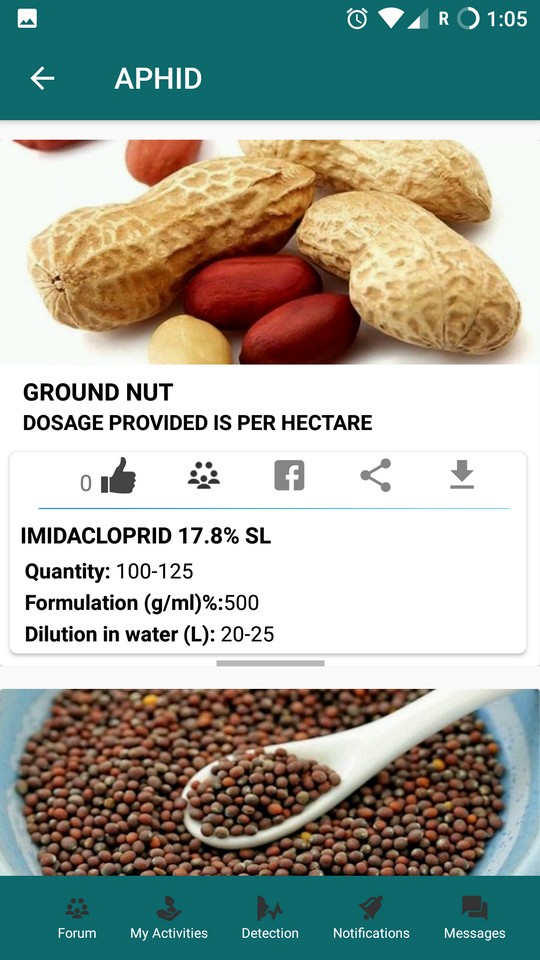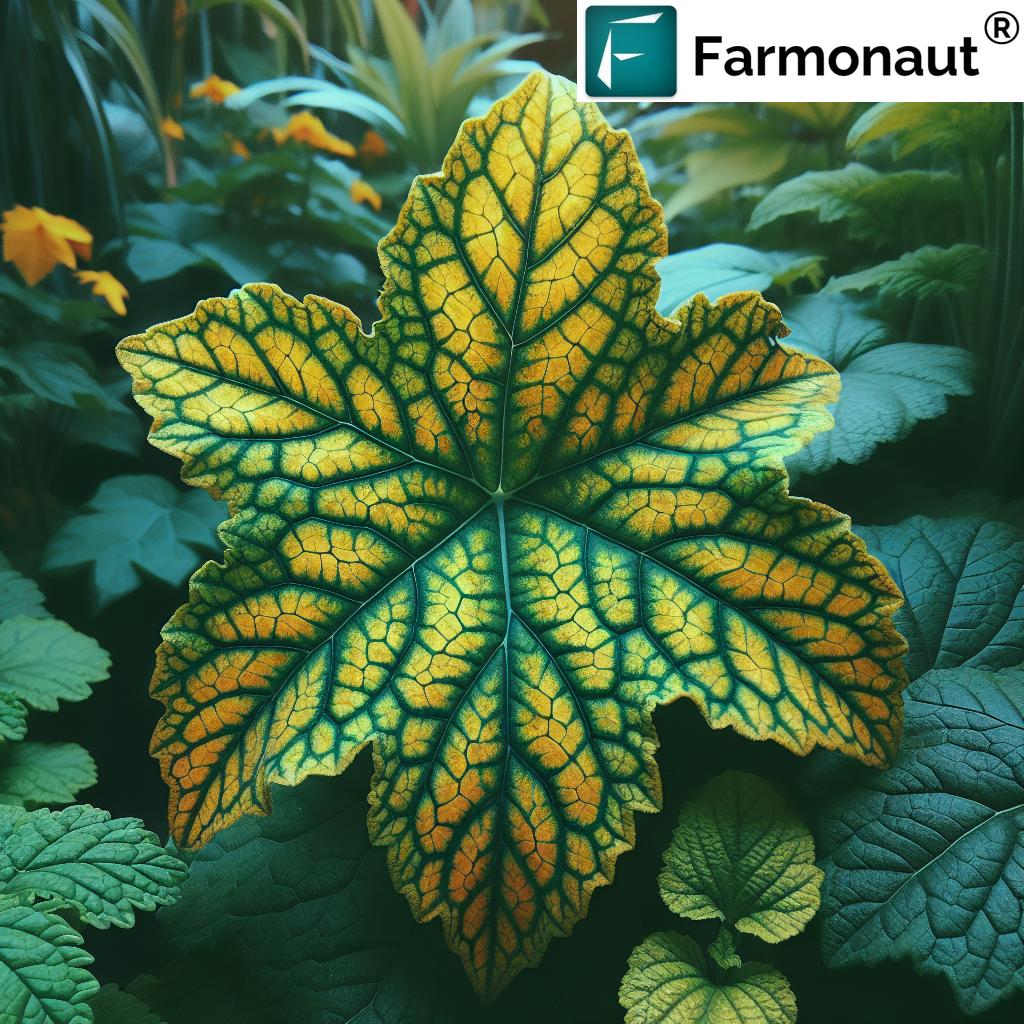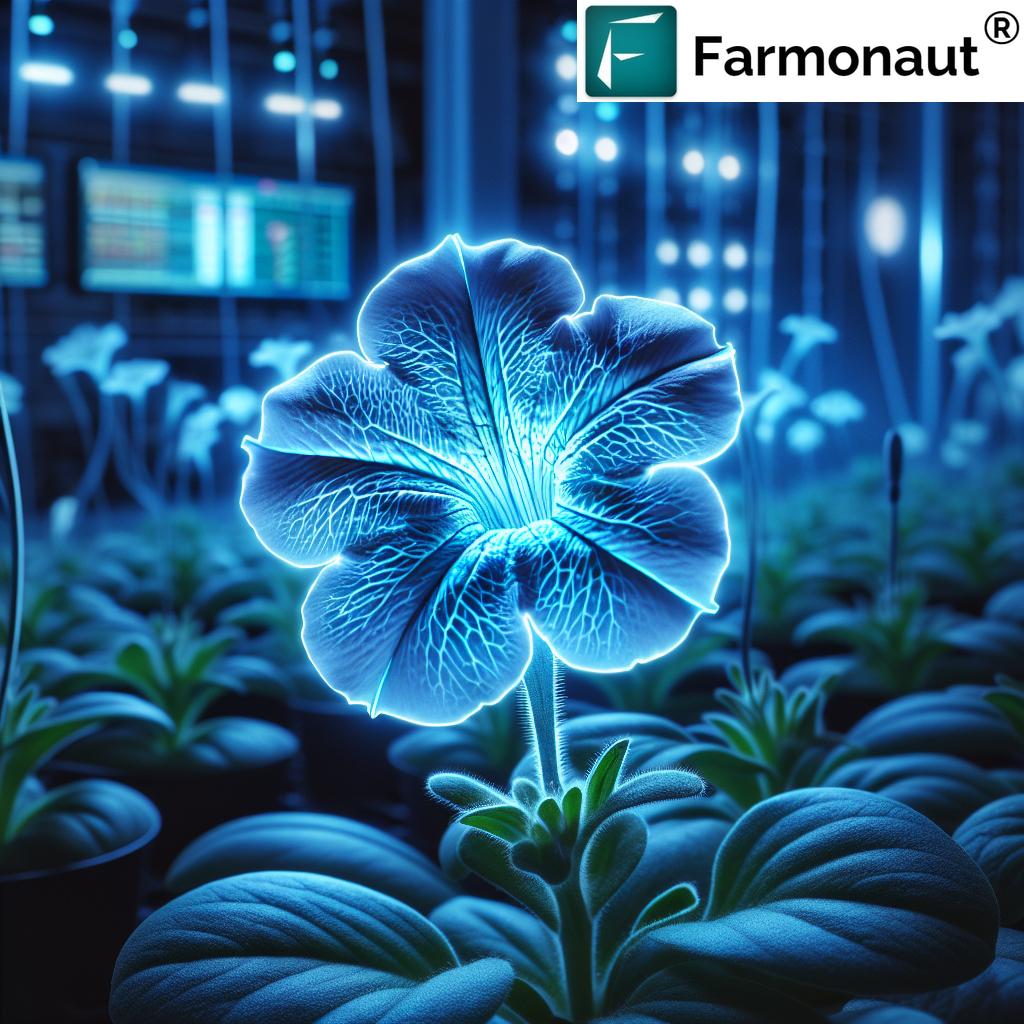Aphids
Aphids basically belong to Aphidoidea Family. They are small sap-sucking insects like greenfly and blackfly. However, they are not harmful to crops in early stage or in small or moderate numbers. Aphid’s infest severe damage to leaves and shoots and also causes damage to plant growth.
Lorem ipsum dolor sit amet, consectetur adipiscing elit. Ut elit tellus, luctus nec ullamcorper mattis, pulvinar dapibus leo.
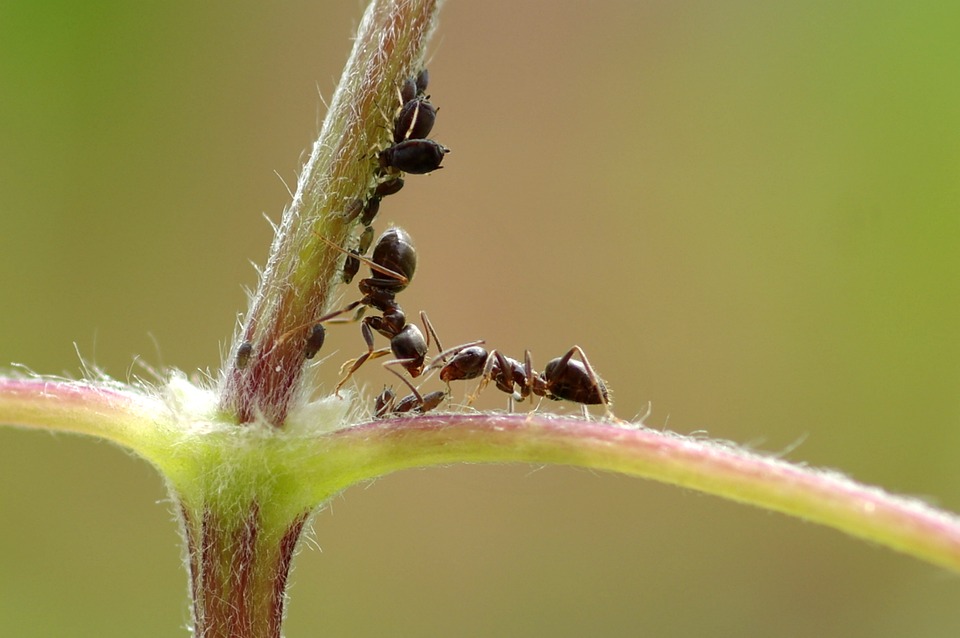
They bring additional infections as their honeydew secrete and also transmit viruses from one plant to another over a prolonged period.
Hosts: Aphids has a vast list of plants which it affects. Few of them are Almond, apple, cabbage, cotton, garlic, grape, lettuce, maize, mango, millet etc.
They are very small in size (0.5 mm to 2 mm) and delicate bodied insects with long legs and antennae. They are found in multiple colours like brown, yellow, red or black depending on which species they belong to. They grow underside clusters of young leaves and shoot tips. They suck out fluids from the tissues with the help of their long mouth parts to tender them.
In late spring or early summer, their invasion slows down as their population diminishes naturally due to climate change and increase in natural enemies. Several other species carry plant viruses which can lead to the development of other forms of diseases.
Biological remedies
Few predators are there which can help in controlling the population of aphids are ladybugs, lacewings, soldier beetles and parasitoid wasps. These natural killers of aphids will take care of the sucking insects in field conditions. You can use soft insecticidal soap solution or solutions depending on plant oils in case of mild infestation. Aphids are very sensitive to fungal diseases when it is humid around them. A simple spray of water can remove them from infected plants.

Chemical methods of control
Always try to consider biological treatments if available instead of approaching for chemical solutions straightaway. Stem application with flonicamid and water @ 1:20 ratio at 30, 45, 60 days after sowing (DAS) can be planned.
Fipronil 2ml or thiamethoxam @ 0.2g or flonicamid @ 0.3g or acetamiprid @ 0.2g (per liter of water) can also be used as chemical composition in prevention against aphids.
We will keep posting about any such informative information on to our blogs, to help as many people as possible. Farmonaut is built upon a vision to bridge the technological gap between farmers and strives to bring state-of-the-art technologies in the hands of each and every farmer. For any queries/suggestions, please contact us at support@farmonaut.com.
We have some more interesting articles coming up soon. Stay tuned!
Wait!!



